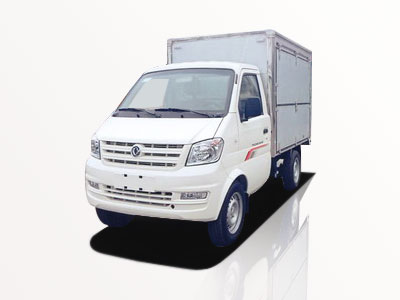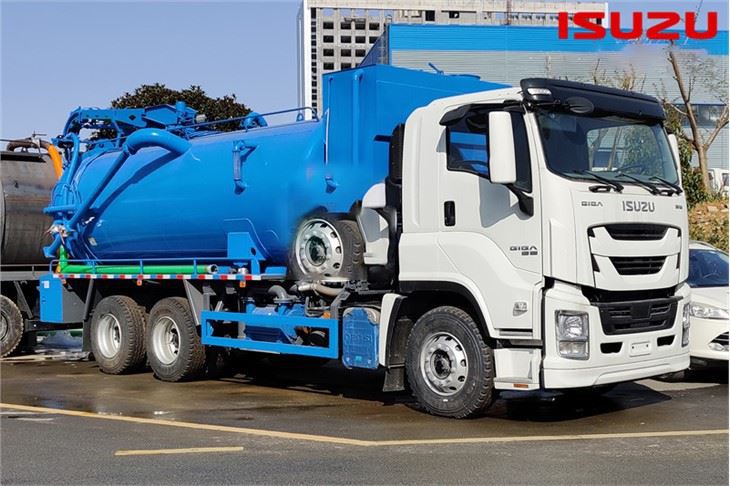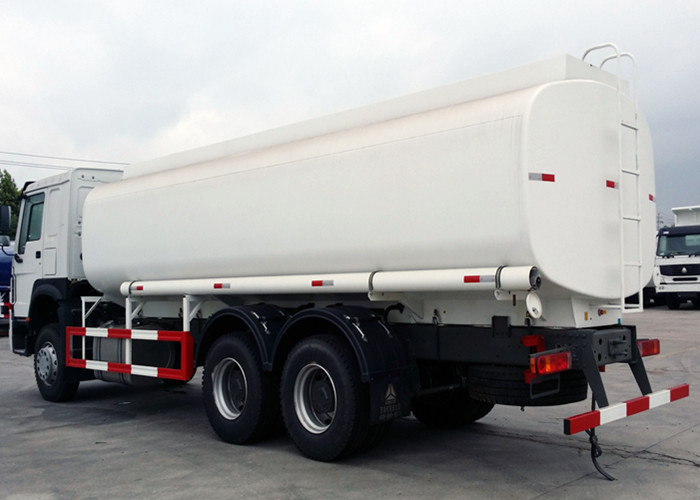Introduction
The world of towing can be complex, especially when it comes to heavy-duty vehicles. A 30-ton wrecker is a crucial piece of equipment for towing companies, roadside assistance services, and even municipalities. With the capability to haul heavy loads, a 30-ton wrecker plays an essential role in ensuring safety on roads and delivering reliable towing service. This article will explore the functionality, features, benefits, and maintenance of 30-ton wreckers, aiming to provide you with a comprehensive understanding of this vital towing apparatus.
What is a 30 Ton Wrecker?
A 30-ton wrecker, also known as a heavy-duty tow truck, is designed to transport large and heavy vehicles. It can tow vehicles weighing up to 30 tons, making it suitable for commercial trucks, buses, and even construction vehicles. These wreckers are equipped with powerful engines and advanced towing technology that allows them to perform safely and efficiently on a variety of terrains.
Types of Wreckers
There are several types of wreckers available, including:
- Heavy-Duty Wreckers
- Light-Duty Wreckers
- Integrated Wreckers
- Semi-Truck Wreckers
Key Features of a 30 Ton Wrecker
- Powerful Engine: Typically boasts a diesel engine that provides the necessary torque and horsepower for heavy hauling.
- Robust Chassis: Designed to handle the stress of towing heavy loads without compromising stability.
- Towing Capacity: Generally has a rated towing capacity of up to 30 tons, allowing for diverse applications.
- Advanced Towing Gear: Features such as winches, booms, and under-lift systems enhance functionality.
Benefits of Using a 30 Ton Wrecker
The advantages of employing a 30-ton wrecker are numerous and can significantly impact truck and vehicle recovery services.
1. Versatility
Whether it’s a broken-down semi-truck or a heavy construction vehicle, a 30-ton wrecker provides solutions for a variety of towing needs. The ability to tow different types of vehicles makes them invaluable assets in the towing industry.
2. Efficiency
With its powerful winches and advanced hydraulics, a 30-ton wrecker can complete towing jobs faster. This efficiency leads to reduced downtime for vehicles and increases customer satisfaction.
3. Safety
The design and capabilities of a 30-ton wrecker also enhance safety for both operators and motorists. Proper towing methods can prevent additional damage to the vehicle being towed and provide peace of mind in emergency situations.
4. Durability
A well-maintained 30-ton wrecker can withstand rigorous use in various conditions, providing a long service life and high return on investment.
Choosing the Right 30 Ton Wrecker
Investing in a 30-ton wrecker is a significant decision. Here are factors to consider when choosing the right unit for your needs:
1. Manufacturer Reputation
Select a reputable manufacturer known for producing durable and reliable equipment. Research user reviews and ratings to gauge performance and satisfaction.
2. Specification Comparison
When looking at specifications, compare the towing capacity, engine size, and features of different models to find one that fits your requirements.
3. Service and Parts Availability
Ensure that the manufacturer or dealership provides exceptional customer service and has readily available replacement parts. This can save you on potential maintenance costs down the line.
4. Cost vs. Benefit Analysis
While you may be tempted to opt for the lowest price, consider the long-term benefits of a quality wrecker. Factor in maintenance, longevity, and performance.
Operating a 30 Ton Wrecker
Operating a heavy-duty wrecker requires skill and knowledge. Here are important tips for safe and effective operation:
1. Training
Ensure all operators have proper training and certifications. Many companies provide specific training programs that focus on heavy-duty towing and safety protocols.
2. Inspect Equipment
Always perform a pre-trip inspection to check the oil levels, brakes, and winches. Ensure all equipment is functioning properly to prevent accidents.
3. Follow Towing Protocols
Adhere to industry standards and safe towing practices, including using proper rigging and ensuring load distribution is balanced.
4. Use Proper Safety Gear
Wear high-visibility clothing and personal protective equipment (PPE) to ensure safety for you and others on the road.
Maintenance Tips for a 30 Ton Wrecker
To maximize the lifespan and performance of your wrecker, regular maintenance is key. Here are best practices:
1. Regular Oil Changes
Change the oil based on the manufacturer’s recommendation or every 3,000 to 5,000 miles to ensure smooth operation.
2. Tire Inspection
Check tire pressure and tread regularly. Properly inflated and maintained tires are crucial for stability and safety.
3. Brake Maintenance
Inspect brake pads and fluid regularly for wear and replace them as needed to ensure safety while towing heavy loads.
4. Clean the Wrecker
Regular washing helps not only with aesthetic appearance but also prevents rust and other damage from debris and corrosive materials.
Cost of a 30 Ton Wrecker
The price of a 30-ton wrecker can vary widely depending on several factors:
1. New vs. Used
| Condition | Price Range |
|---|---|
| New | $100,000 – $200,000 |
| Used | $50,000 – $100,000 |
2. Features and Specifications
Advanced features, such as high-capacity winches and specialized towing equipment, can increase the overall price of the wrecker.
3. Additional Costs
Consider the costs associated with insurance, maintenance, and fuel when budgeting for a wrecker.
Real-Life Applications of 30 Ton Wreckers
30-ton wreckers are used extensively in various situations, demonstrating their versatility.
1. Roadside Assistance for Commercial Vehicles
These wreckers can assist in emergency breakdowns, recovering dead trucks and dragging them back onto highways.
2. Accident Recovery
In the event of a collision involving large vehicles, a 30-ton wrecker can safely recover wreckage from the scene.
3. Construction Site Towing
When heavy construction equipment breaks down, wreckers can relocate or retrieve the equipment quickly, minimizing downtime on projects.
Frequently Asked Questions (FAQ)
1. What types of vehicles can a 30-ton wrecker tow?
A 30-ton wrecker can tow large commercial trucks, buses, construction vehicles, and other heavy machinery.
2. Do I need a special license to operate a 30-ton wrecker?
Yes, most jurisdictions require commercial driver’s licenses (CDL) for operating heavy-duty tow trucks, including 30-ton wreckers.
3. How often should I perform maintenance on my wrecker?
Perform maintenance checks and inspections regularly and follow the manufacturer’s guidelines for specific maintenance schedules.
4. Can a 30-ton wrecker handle off-road situations?
Yes, many 30-ton wreckers are designed with off-road capabilities, but the effectiveness may vary based on the specific model and tires used.
5. What should I do if my wrecker breaks down?
If your wrecker breaks down, ensure you’re in a safe location, contact roadside assistance, and avoid attempting to repair it unless you’re trained.
6. How can I ensure the safety during towing operations?
Always follow safety protocols, conduct thorough inspections, use proper equipment, and wear appropriate safety gear to minimize risks.



